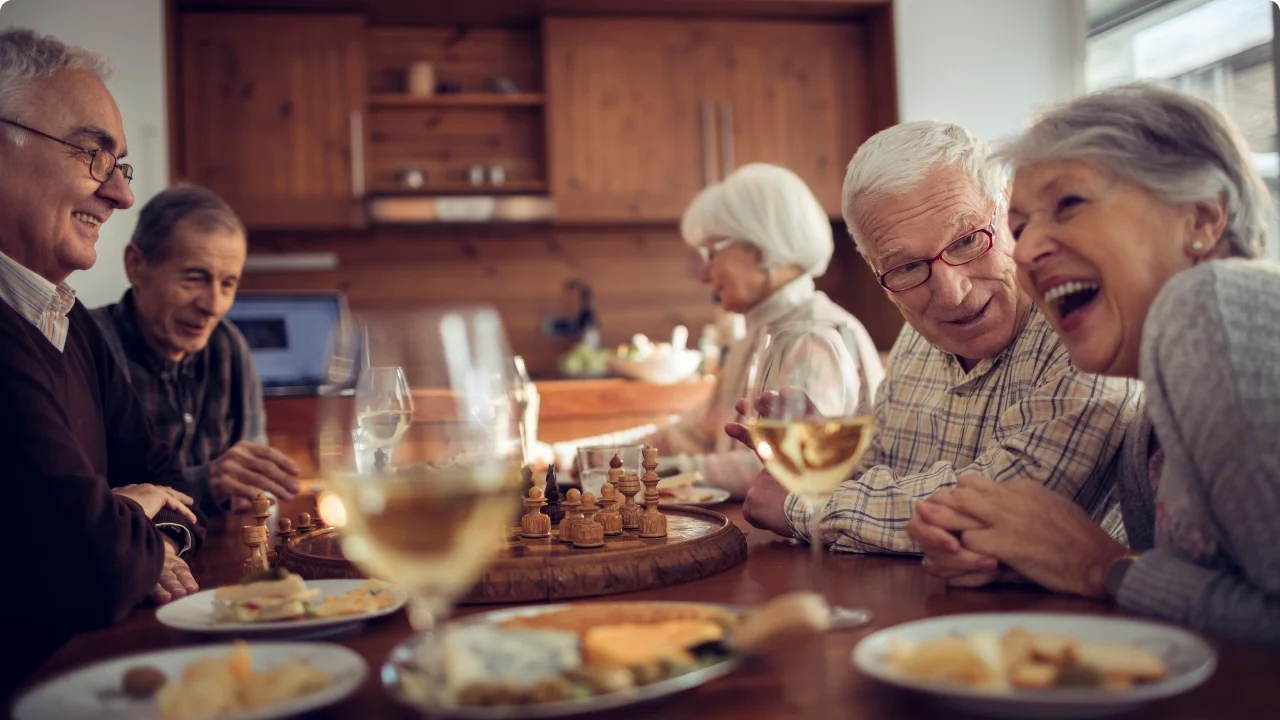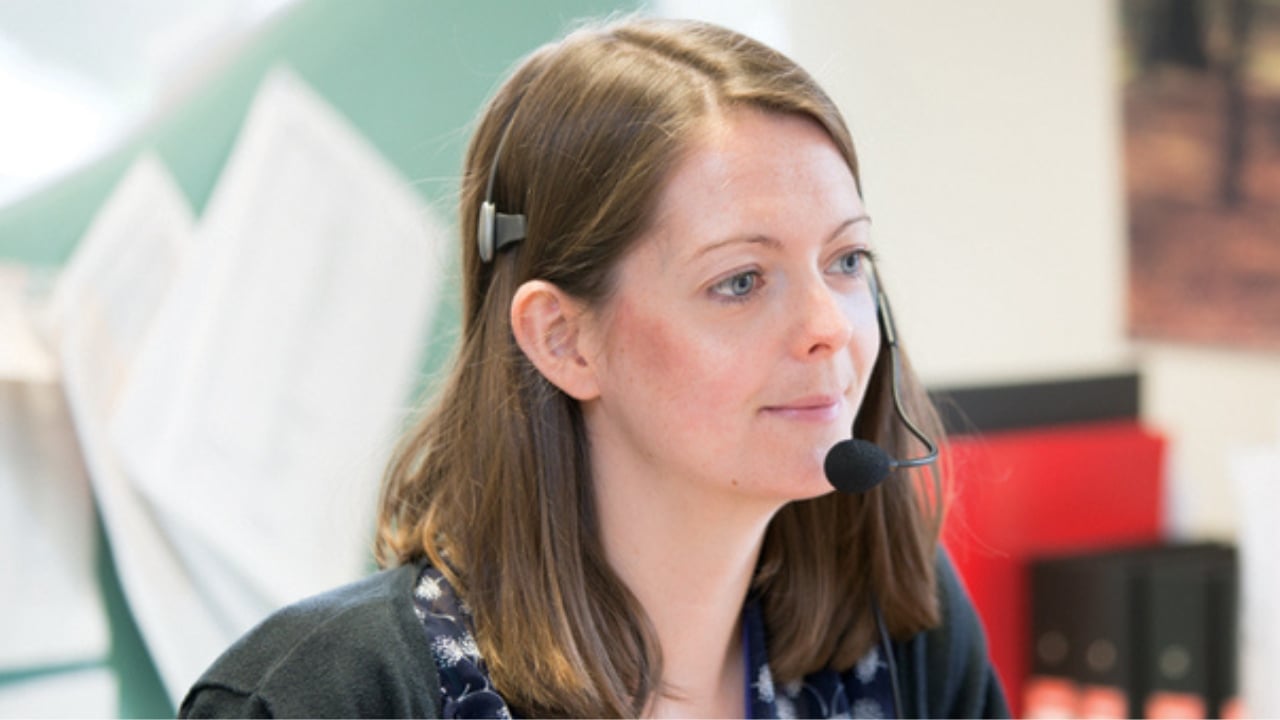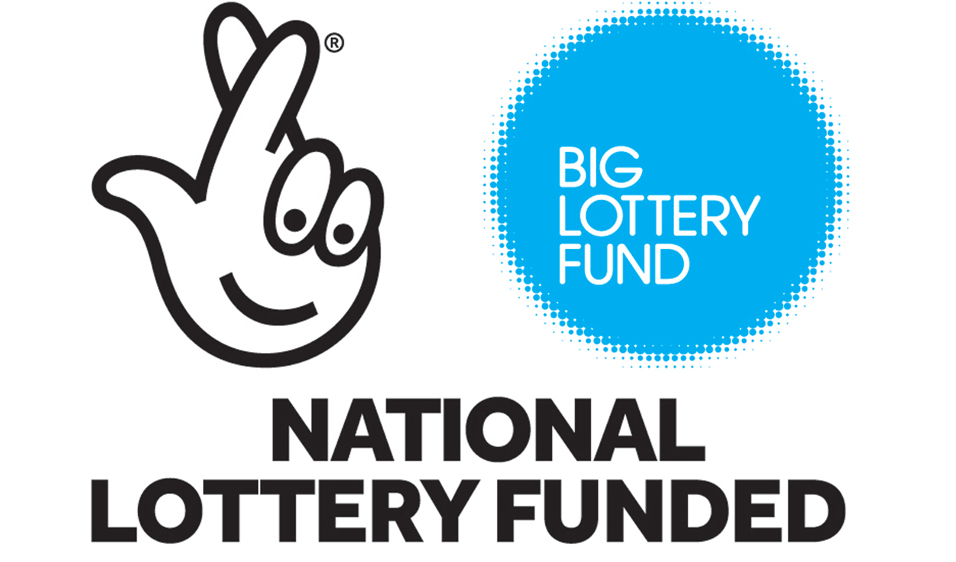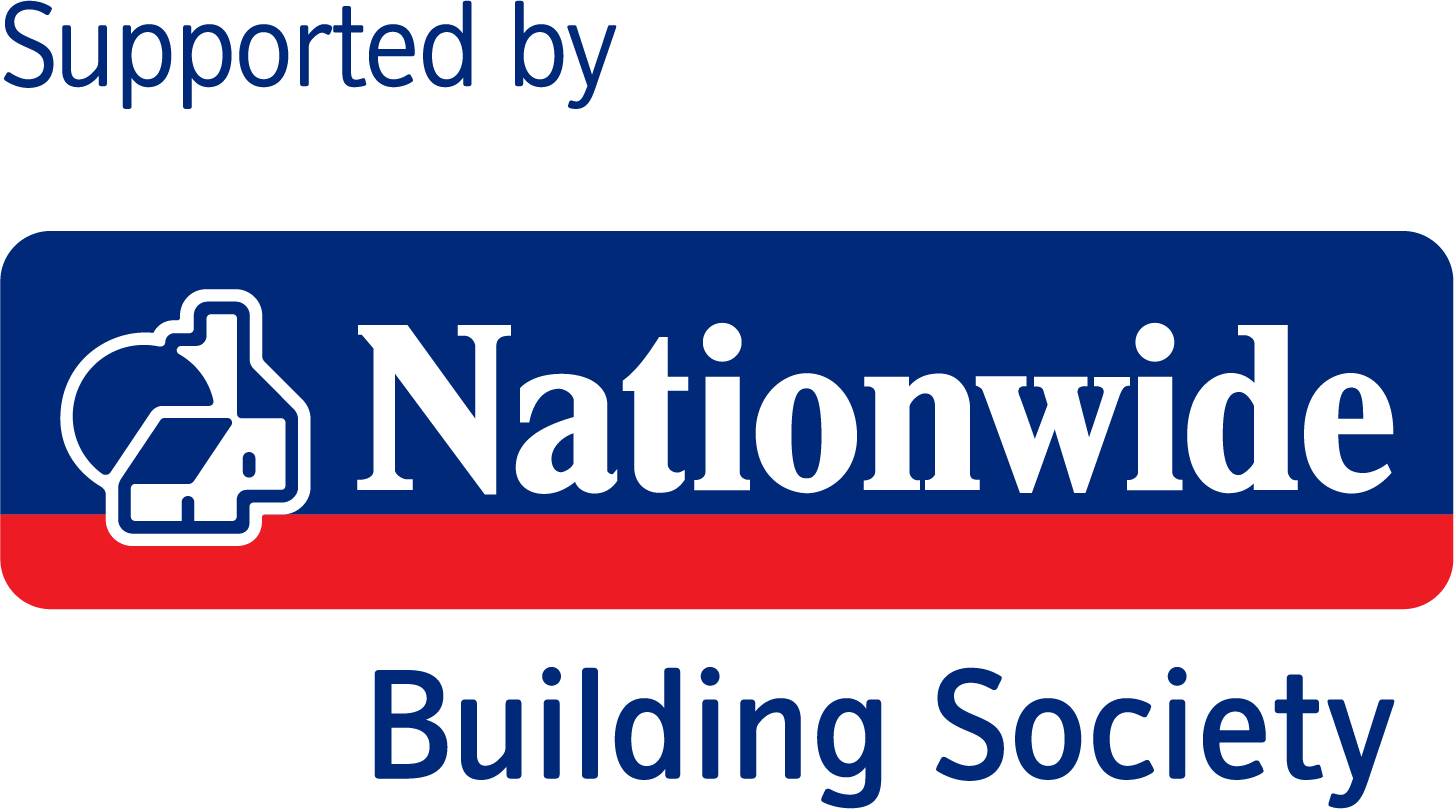
Age UK Barrow and District merges with Age UK South Cumbria.
This exciting merger means that we can continue to provide a quality service to all older people across the whole of South Cumbria. We unite missions, expertise, and resources of both organisations to better serve communities across the area. Central to the merger is a commitment to not only maintain but to amplify the quality of support and services the two local charities offer. We will shortly be updating our website to list our expanding range of support services. Should you have any questions please call us on 01539 728118 or email us on admin@ageuksouthcumbria.org.uk










 Supporting the Armed Forces community through funding real change
Supporting the Armed Forces community through funding real change